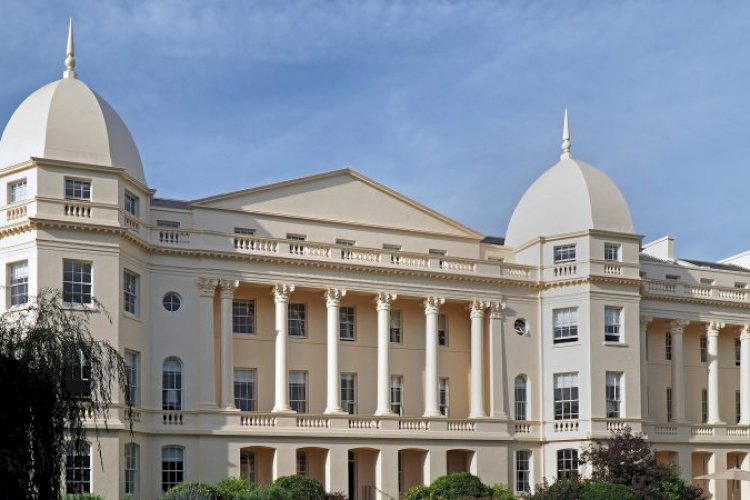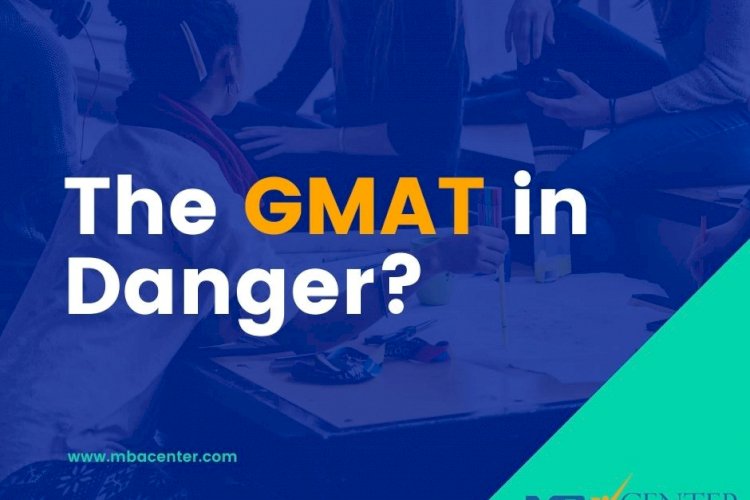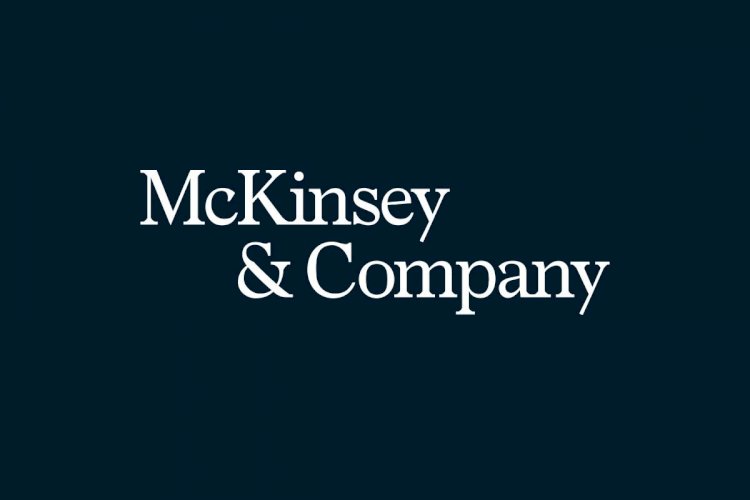
Is the Masters in Finance worth it?
An Introduction to Masters in Finance
The Masters in Finance is the second most popular degree after the MBA. It follows a more focused approach as it helps the students specialize in technical aspects of finance and quantitative methods. If you want a career-oriented towards finance but do not have any work experience, the Masters in Finance is your best bet. A lot of European Business schools today offer a MiF degree. Some of these programs in France such as the ones offered by ESCP and HEC Paris were programs set up by the French Chambers of Commerce. B-Schools in Asia and the United States have also begun to offer the MiF program.
Curriculum and Entry Requirements
A Masters in Finance program will last for one or two years, depending on the location and the institution. You can optimize this program to suit your particular career goals. Whether you want to accelerate your current path or switch to a new area of finance, an MiF offers a lot of choices in the range of electives, experiences and concentrations. You can also opt for an additional semester for summer internships or an international experience. European programs like the one in HEC Paris cost around £ 27,000 whereas a degree from MIT Sloan may end up costing around £ 67,000.
Many Masters in Finance courses are open to students who have completed their undergraduate degrees in finance or a related subject like business, economics, or mathematics. However, some colleges require at least two years of work experience, either in the finance sector or a finance-related sector. Applicants to the program may also be required to take the GMAT or the GRE, subject-specific aptitude tests, or language proficiency tests.
Job prospects and Salaries
After completion of your MiF degree, you will gain ample financial skills and expertise. The most popular financial career choices for an MiF degree holder include financial consultancy, quant specialist, investment banking, auditors, corporate finance or trading. There is a less conventional path called FinTech that can be explored by students who are interested in combining technical curiosity with newfound financial expertise. Career opportunities in the public sector, such as an economist, are also available to MiF graduates.
MiF graduates could earn anywhere within the range of $ 70,000-$ 80000.
For further reference, listed below are a few of the top colleges of Europe that offer MiF courses that you can consider.
|
Source: Financial Times
A master’s degree can impact your future profoundly, depending on your career goals and competence. Deciding to pursue a master’s program is a major decision but selecting the correct program for you is also crucial. Many students wonder whether a MiF would be better for their career or an MBA. This following chart might help you evaluate the two degrees closely and decide on your own.
| MIF | MBA | |
| Curriculum | Broad curriculum with subjects like accounting finance and quantitative analysis | Subject focused course. Provides a comprehensive knowledge in finance and closely related fields. |
| Application | Offers a practical application of subjects | It’s a theory-based course. |
| Term | It is a long term degree
2 years |
It is a short term program
12-18 months |
| Eligibility Criteria | No experience required. Students can enroll directly after graduation | At least 3 to 5 years of work experience in a related field |
If you are a hundred percent committed to a finance career, a Masters in Finance is surely worth the time and money.
 MBA Center Global
MBA Center Global 























